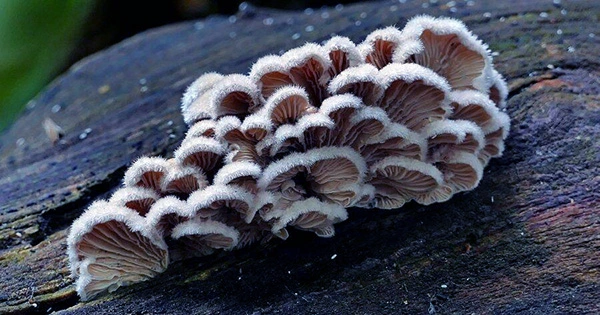This week, a Tweet promoting the word “avocado’s” testicular roots received some attention, and of course, our eyes perked up. Who doesn’t like a fun etymology story, after all? Sadly, it appears that this specific information is inaccurate.
Does the Word “Guacamole” Mean “Testicle Sauce?” the masters of debunking at Snopes in 2016 took on the problem from a new perspective. Since guacamole does not simply translate as “testicle sauce,” even if avocado “comes from a Nahuatl term that also means “testicle”,” their conclusion was Mostly False.
The Nahuatl language, also known as Nawal or náhuatl in Spanish, is an indigenous tongue that was used by the Aztecs between the 14th and 16th centuries to control central Mexico. According to The Harvard Gazette, it is still used by about 1.5 million Mexicans and is the source of numerous words used in modern English, including avocado.
However, anthropologist and assistant professor Magnus Pharao Hansen joined in on the controversy and clarified that their research had not shown that the Nahuatl term for avocado, ahuacatl, also meant a testicle. This was in response to the Snopes article. Oh, nut.
It appears that Frances Karttunen’s 1987 “Analytical Dictionary,” which translates ahuacatl as “avocado, testicle,” is to blame for the confusion between the terms avocado and testicle, according to Hansen, who studies Nahuatl and other Indigenous languages of Mexico. Alonso de Molina, a Franciscan priest, and grammarian who wrote a dictionary of the Nahuatl language that was published in 1571, is mentioned in the dictionary.
Although Hansen acknowledges that certain people in Mexico City in the 16th century did use the word “ahuacatl” to refer to testicles and fruits, it appears that the original meaning of the word is more closely related to plants.
According to Hansen, “all textual references to the word that I have found only use it in the botanical-culinary connotation.” “And in Nahuatl-speaking areas, I have never encountered someone who thought the word /a:wakatl/ meant anything other than avocadoes.”
Hansen offers a theory as to how the wrinkled fruits came to be linguistically connected with these organs, but rejects the testicle translation as historically true with regard to the Nahuatl language.
“It would seem that the anatomical meaning is a euphemism, based on some similarity of shape, the same kind of euphemism that we use to call a penis a “wiener” or to testicles “nuts”… We would, however, not generally consider it to be “partly correct” to say that “wiener schnitzel” kind of means “Penis schnitzel” or that “nut case” kind.
A well-argued issue that persuaded the Online Etymology Dictionary to revise its definition to add “testicle” as a secondary meaning.
We’re sorry to announce that serving guacamole at a dinner party with a phallus theme won’t be quite realistic if you were expecting to provide testicle sauce as one of your dip options. There’s nothing to stop you, though, from using the clever euphemism as a cute nickname for those delectable wrinkled fruits when they’re ground up.
Fact-checkers have verified the accuracy of every “explainer” article at the time of publication. To maintain the information up to date, text, pictures, and links may be modified, removed, or added at a later time.
















